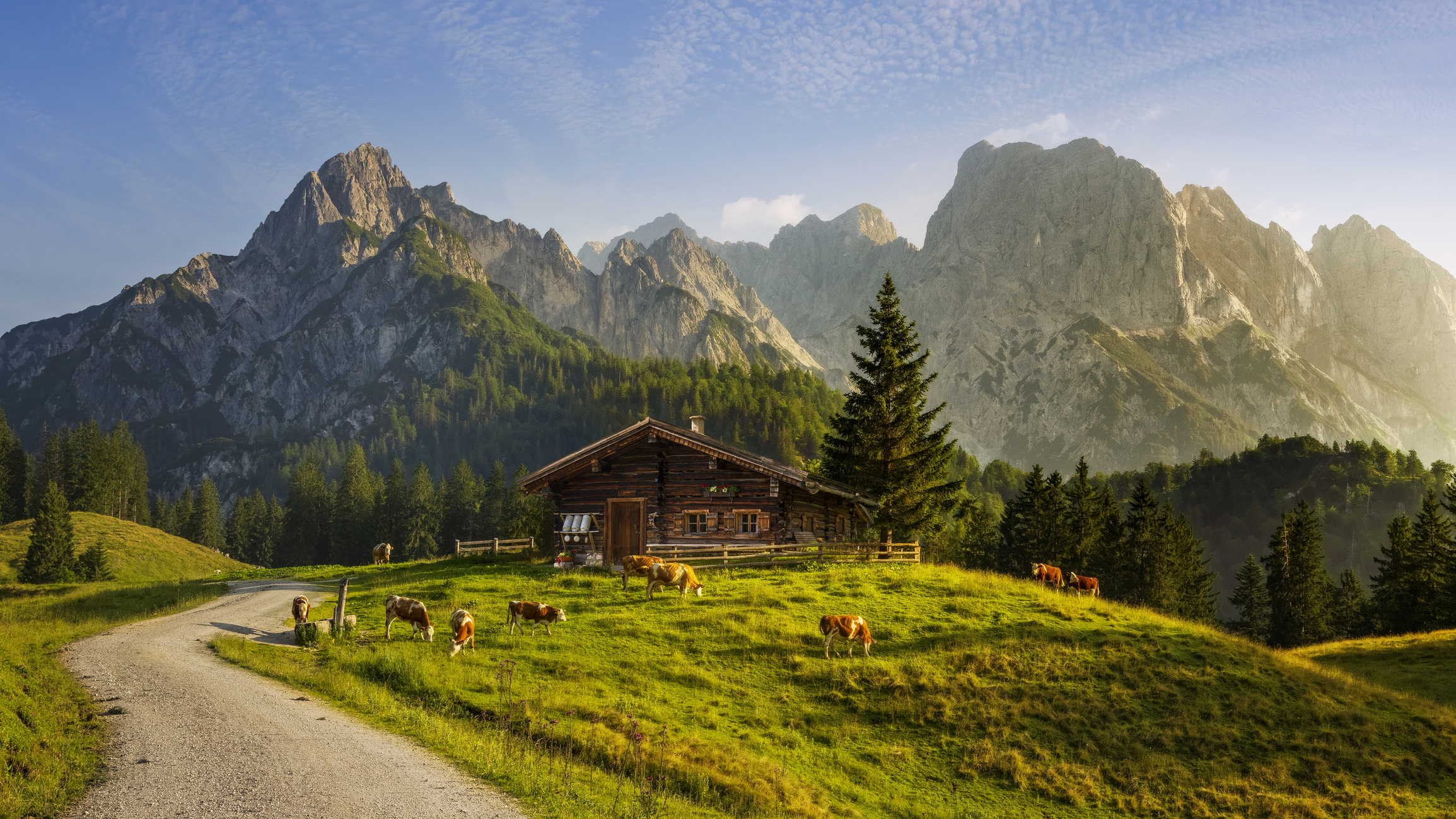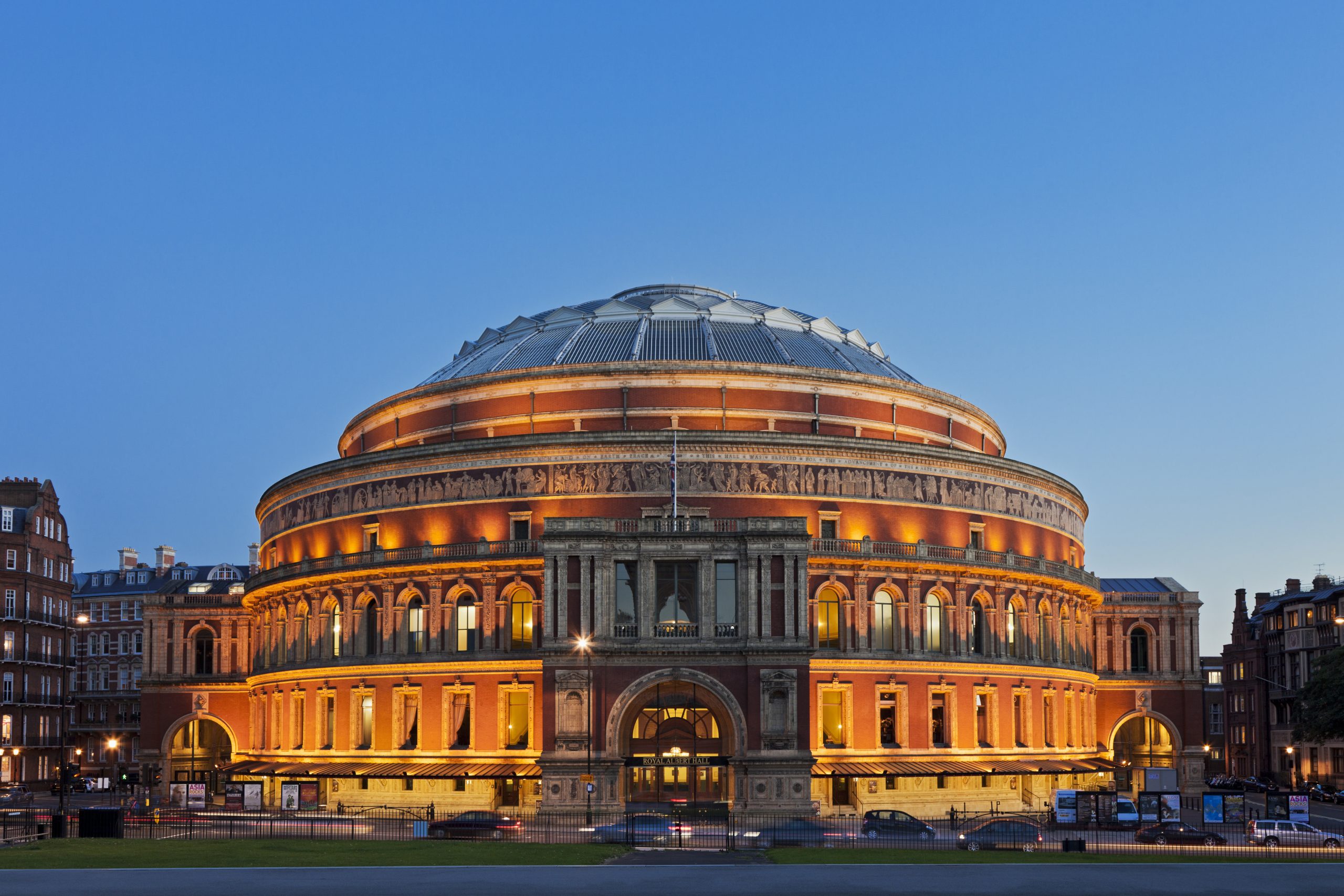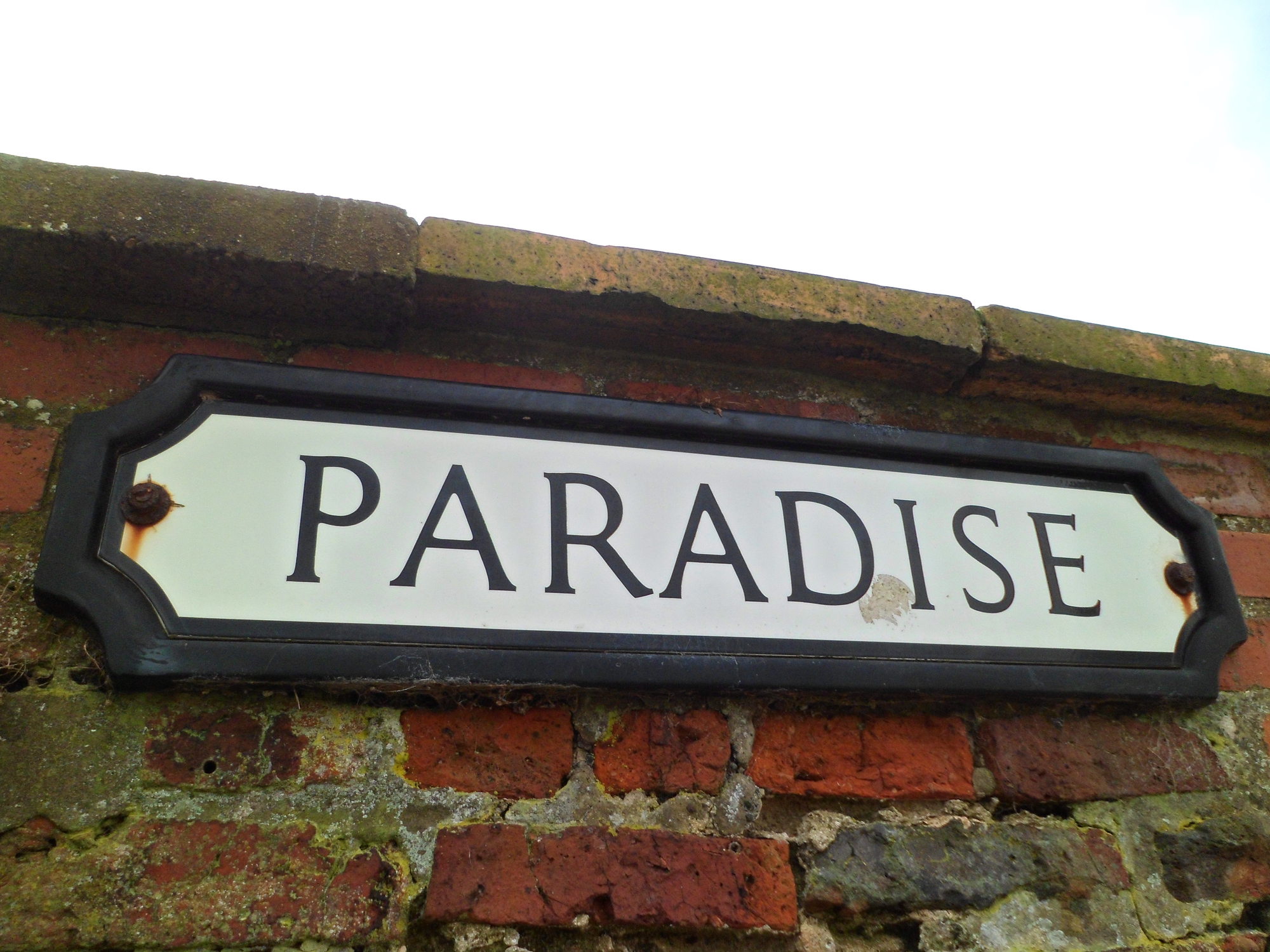The type of property whose prices are still soaring, plus everything else you need to know in the property market this week
The top-performing ski resorts revealed, the premiums buyers are prepared to pay to live close to one of London’s top landmarks, plus what the King’s Speech means for the housing market: Annabel Dixon runs through what you need to know in the world of bricks and mortar.


Exquisite houses, the beauty of Nature, and how to get the most from your life, straight to your inbox.
You are now subscribed
Your newsletter sign-up was successful
Had a busy week? We know the feeling. So we’ve cherry picked six property-related things that have hit the news in recent days for you.
Ski chalet values continue to climb
For most of us, the prospect of owning a home in one of the world’s top mountain resorts is pretty remote (or should we make that, completely out of reach?). But say, for argument’s sake, you were in the Alpine market, you could be sitting pretty.
And that’s because the price of a luxury ski chalet has increased by 4.4% in the year to June 2023. That is the strongest growth since 2014, with the exception of the pandemic years, according to Knight Frank’s Ski Property Report 2024.
The Swiss resorts are leading the way for the second year running. Klosters took the top spot, with a staggering 15.7% increase in property values. It was followed by Davos (12.6%), and Andermatt (9.3%). A ‘severe’ lack of property and infrastructure improvements in these German-speaking resorts are pushing prices up, says Knight Frank. Nendaz (8.3%) and St Moritz (7.2%), also in Switzerland, made it into the top five too.
Chamonix (6.8%) retained its crown as the top-performing resort in the French Alps, coming in sixth place.
‘The pandemic-induced Alpine mini boom is ending with a fizzle rather than a bang, as limited supply keeps a floor under prices in most markets,’ says Kate Everett-Allen, head of global residential research at Knight Frank. ‘Across three key French resorts, listings are down 56% on average compared to before the pandemic and this is set against a backdrop of robust demand.’
The London landmarks where homes command the biggest premiums
Ever wondered what you’d have to fork out to live within walking distance of your favourite London landmark? Well you’re about to find out…
Exquisite houses, the beauty of Nature, and how to get the most from your life, straight to your inbox.
Foxtons looked at how house prices near 20 of the capital’s most famous landmarks compared with property values in their wider boroughs.
The Tower of London topped the charts, with house prices surrounding the UNESCO World Heritage Site a whopping 222% higher than the wider borough of Tower Hamlets. Homes in the EC2N postcode have a typical price tag of £1.53m.
In second place, homes near The Shard and Shakespeare’s Globe Theatre are 177% higher than the wider borough of Southwark.
Meanwhile, the Royal Albert Hall ranks third, with house prices in the SW7 postcode 93% higher than the wider Westminster borough. With an average house price of £1.8m, homes near the Royal Albert Hall are also the most expensive of all 20 landmarks.

The 'most popular road names' unveiled
Now for some research that sheds light on the most popular roads to live on — and you don’t need to be Albert Einstein to guess at least one or two of them correctly.
Yopa ranked the most popular road names for house buyers in England and Wales. And the winner? It’s ‘High street’, the road name you'll find in pretty much every town and city in Britain (and probably many of the villages too).
Station Road is the second most popular street name so far this year — see the pattern emerging? — while Church Road comes in third. Other road names in the top 10 include Church Street, Park Road, Church Lane, Victoria Road, and Main Road.
In other words, the 'most popular road names' list that Yopa has produced is pretty much a carbon copy of the most common road names in Britain. The problem is that they based their research purely on sales volumes — so we're not quite sure what that really proves, other than that there are lots of roads with these names.
Still, the CEO of Yopa, Verona Frankish, doubles down looking for meaning here: 'Most towns are centred around a high street and a train station, while historically, churches also played a key role in society,' she says. 'As a result, it’s a safe bet that roads named as such will benefit from central locations, an abundance of amenities and good transport links.'
All fair enough — but we can't help wishing they'd been a little more creative in how they'd run this research. Who wouldn't want to literally live in Paradise?

Property prices increase for first time since March, reveals Halifax
UK house prices rose by 1.1% in October, bringing to an end a run of six monthly falls. According to Halifax, the average house price stands at £281,974, up £3,000 on last month. Values are down by 3.2% on an annual basis.
Halifax Mortgages director, Kim Kinnaird, says: ‘Prospective sellers appear to be taking a cautious attitude, leading to a low supply of homes for sale. This is likely to have strengthened prices in the short-term, rather than prices being driven by buyer demand, which remains weak overall.’
House prices remain under pressure, says RICS
There wasn’t much cheer over at the Royal Institution of Chartered Surveyors (RICS). Its latest monthly sentiment survey, a well-respected temperature check of the housing market, ‘portrays an overall subdued market with house prices continuing to dwindle’. Still, although prices continue to fall, the pace of decline appears to be steadying, it adds.
‘Plenty of caution remains evident with respect to both buyer and seller activity across the UK housing market,’ says RICS Senior Economist, Tarrant Parsons.
The King’s Speech pledges housing reform
And finally, you can’t have missed all the pomp and ceremony this week of the first King’s Speech in over 70 years. At the State Opening of Parliament, King Charles III outlined the government’s plans for the months ahead. These include bringing forward a bill to make it cheaper and easier for leaseholders to buy their freehold and tackling ‘punitive service charges’.
The monarch’s speech also touched on reforming the rental market. Renters are set to benefit from ‘stronger security of tenure and better value, while landlords will benefit from reforms to provide certainty that they can regain their properties when needed’, he said.

